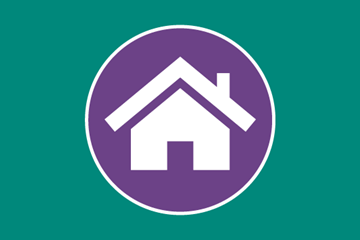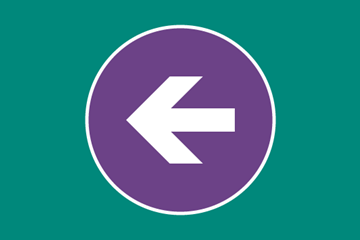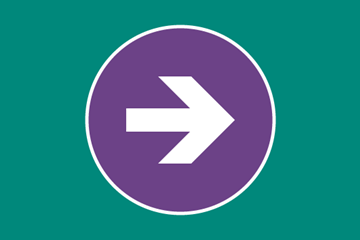Further tests
This page explains what to expect if you have to have further tests after your Bowel Screening.
If you need to have further tests
Blood in your poo
If the amount of blood in your poo is above the normal screening limit, you will be asked to go to an appointment at the hospital.
This is usually for a test called a colonoscopy.

What is a colonoscopy
A colonoscopy is a close look at your bowel to find out why there is blood in your poo.
To do this a doctor or nurse will place a thin bendy tube with a camera on the end into your bottom.
If any bowel polyps are found they can be removed while you are having the test.

Before your colonoscopy
Before coming to the hospital, you will need to empty your bowel.
You will be sent a special drink to help clear your bowel.
You will be given clear instructions about how to do this before your appointment.

How long does a colonoscopy take?
It takes about 30 minutes so you shouldn’t need to stay in hospital for more than a few hours.

It’s your decision
Before your appointment, you will receive information on the benefits and risks of a colonoscopy.
It is up to you if you want to go for a colonoscopy.

Results
How do I know the results?
A doctor or nurse will tell you the results of your colonoscopy before you leave.
They will tell you if they saw any bowel polyps and if these were removed.
They will tell you if they think you have bowel cancer and what will happen next.

Making changes to your appointment
Changing your appointment
You can change your appointment by phoning the telephone number on your letter.

Also:
You should phone the telephone number on the letter if you:
- would like to bring someone with you to the test.
- have a disability.
- need an interpreter or any other help.
- have any worries or want to discuss anything about your appointment.




